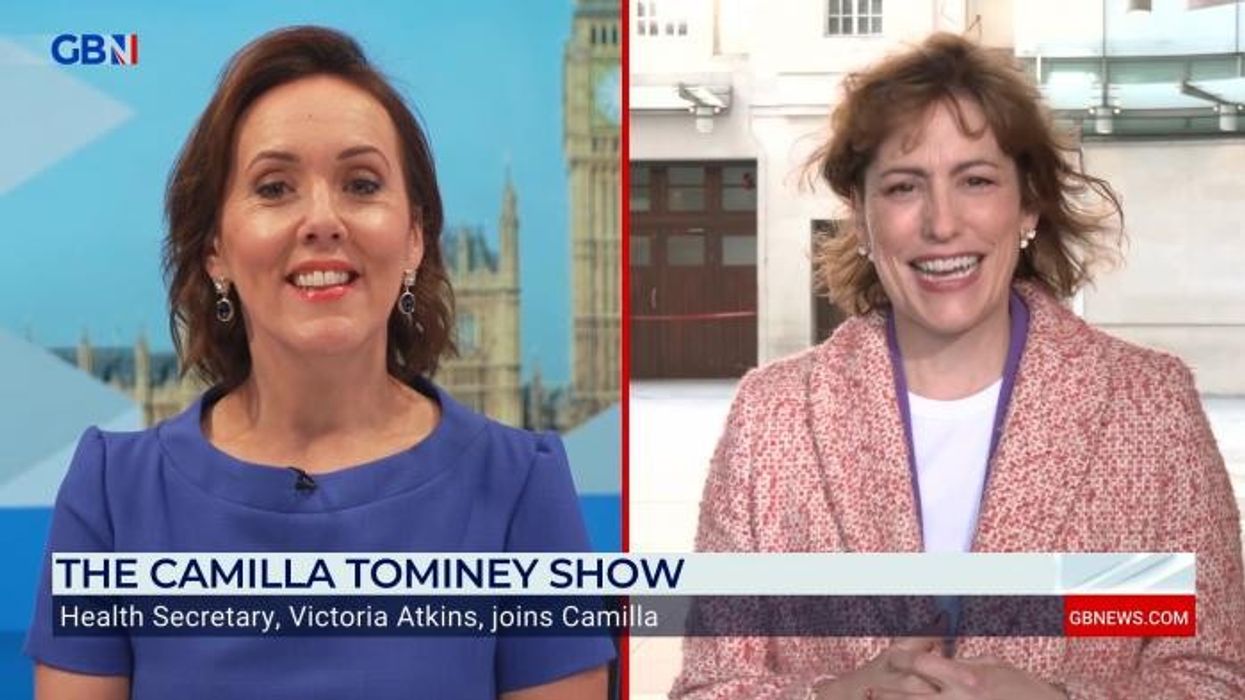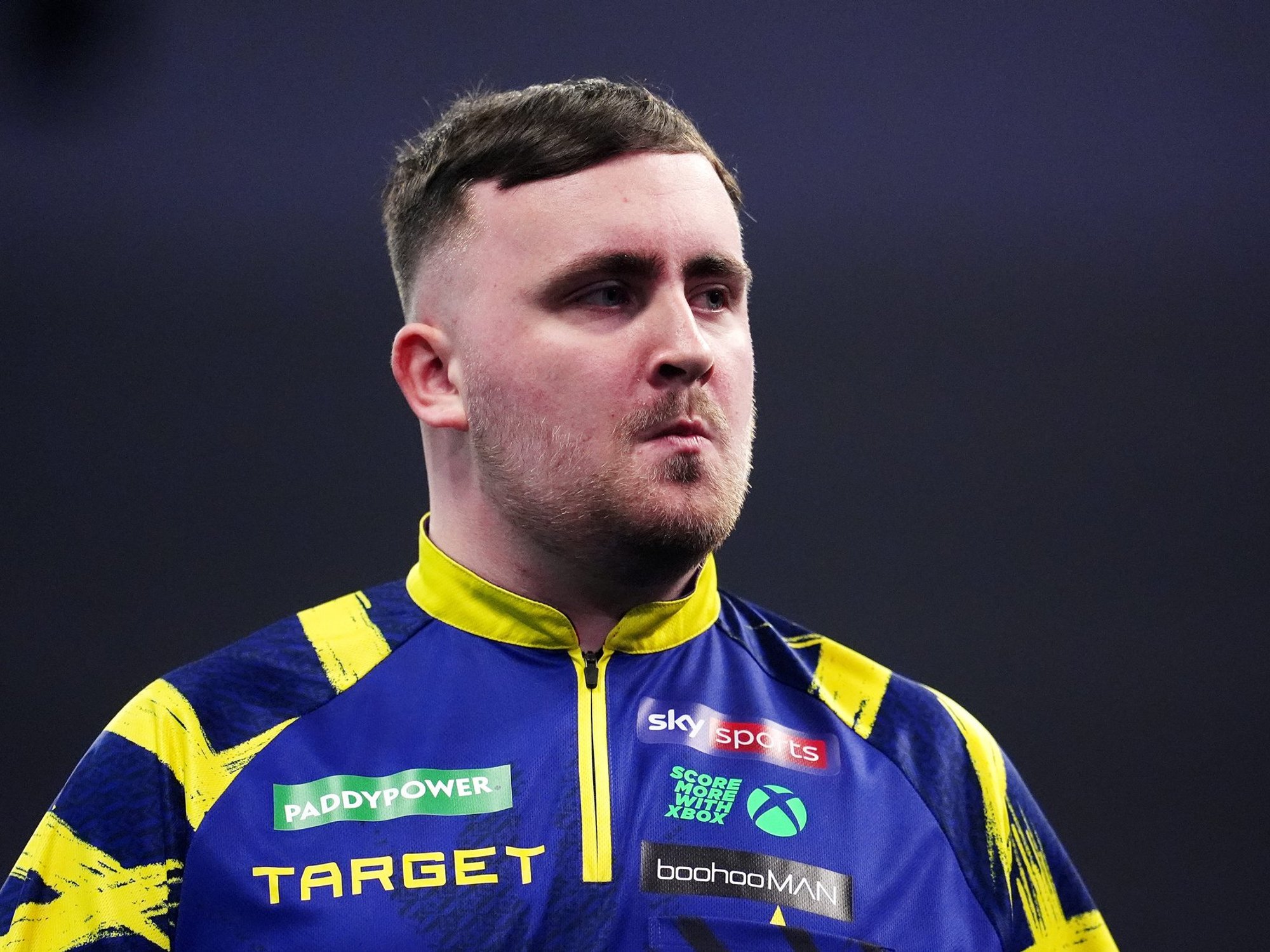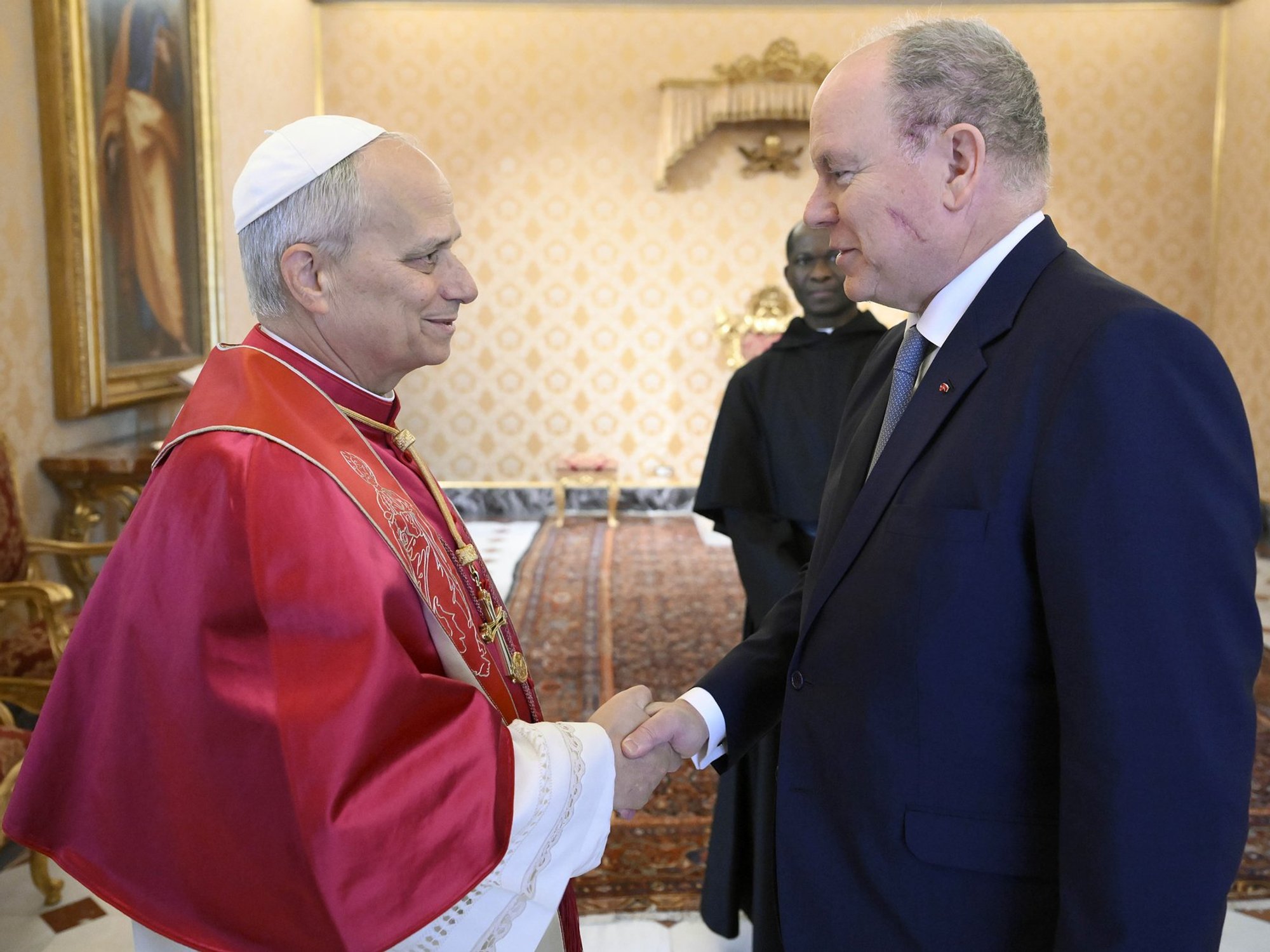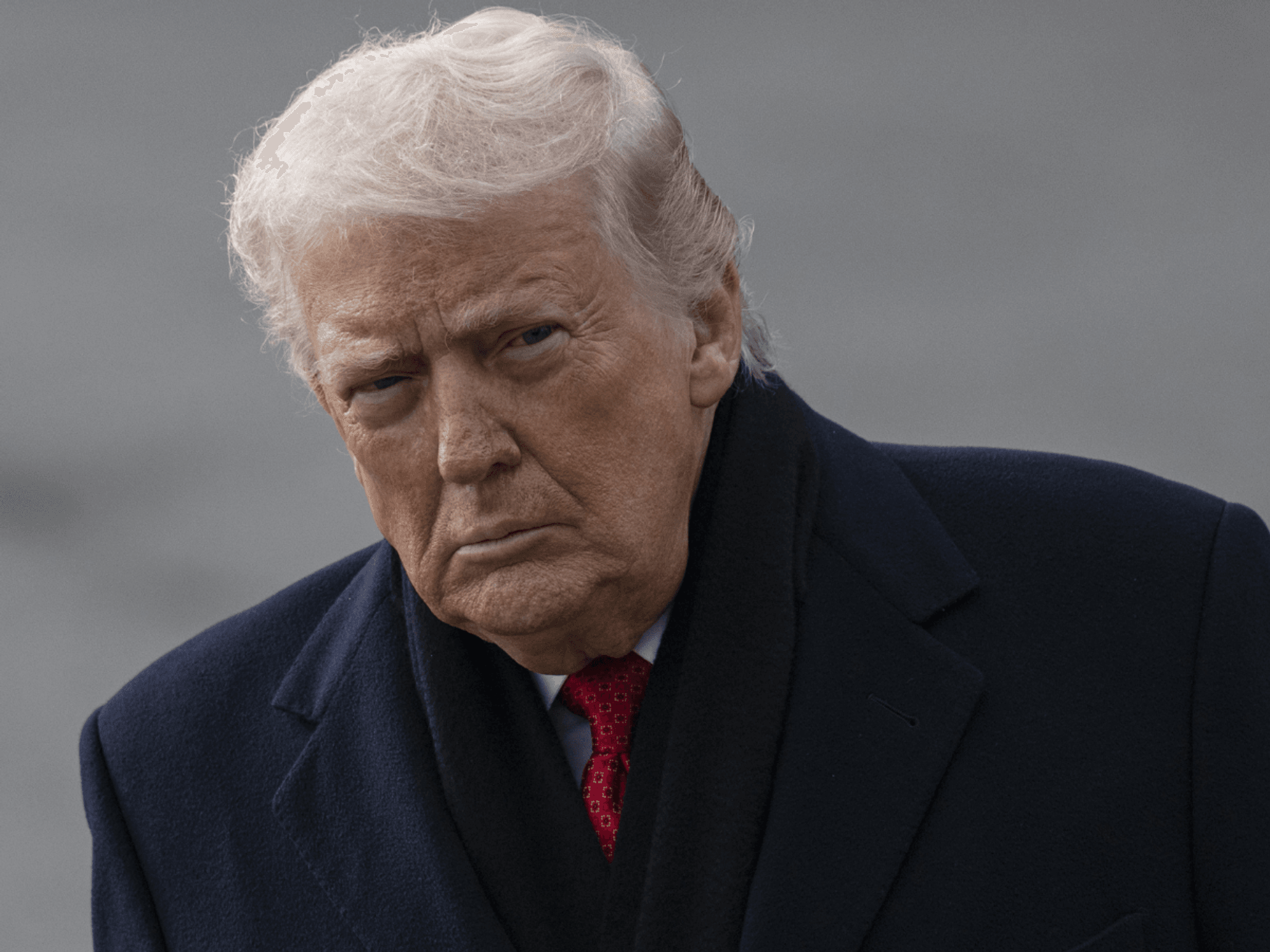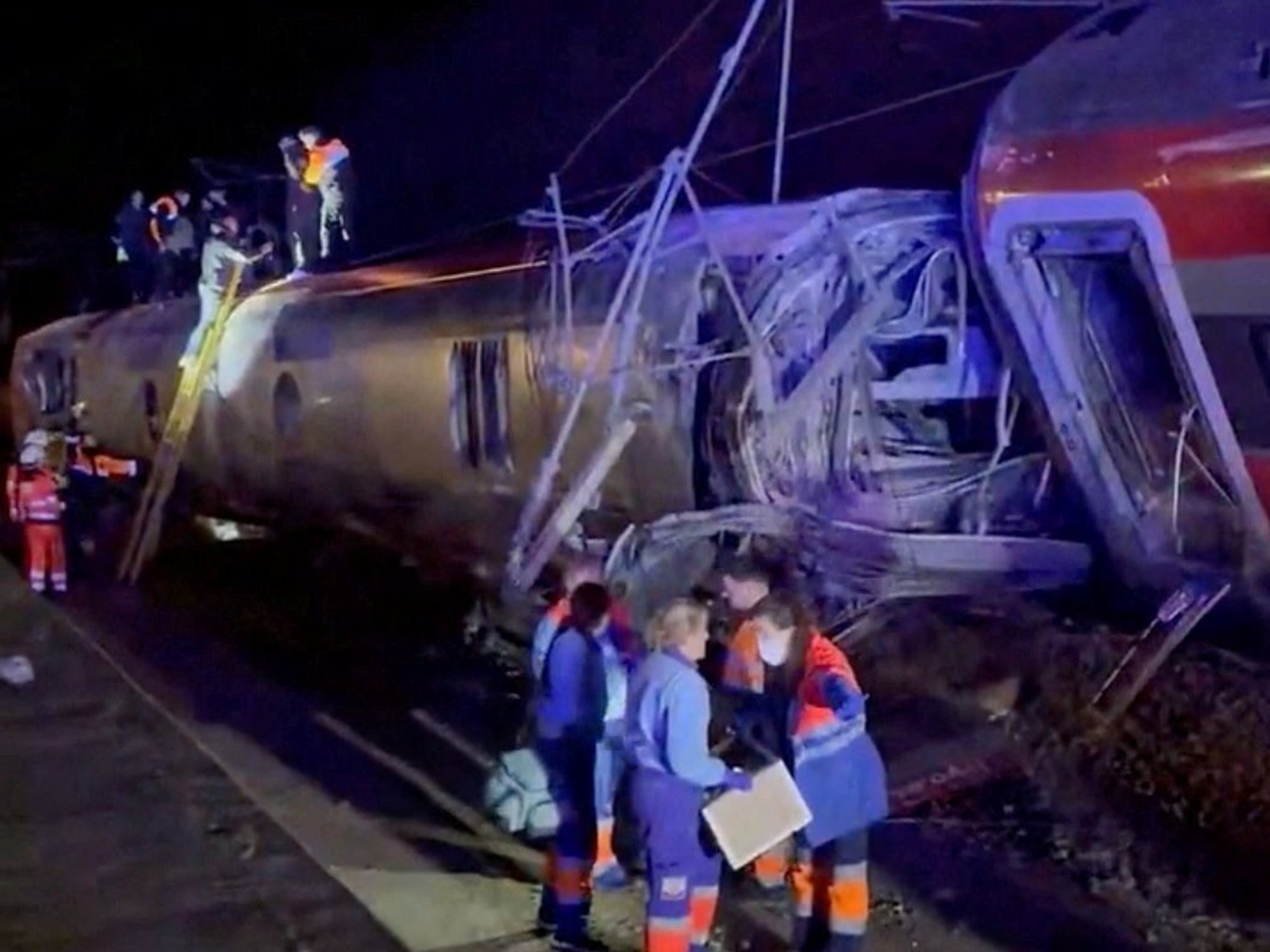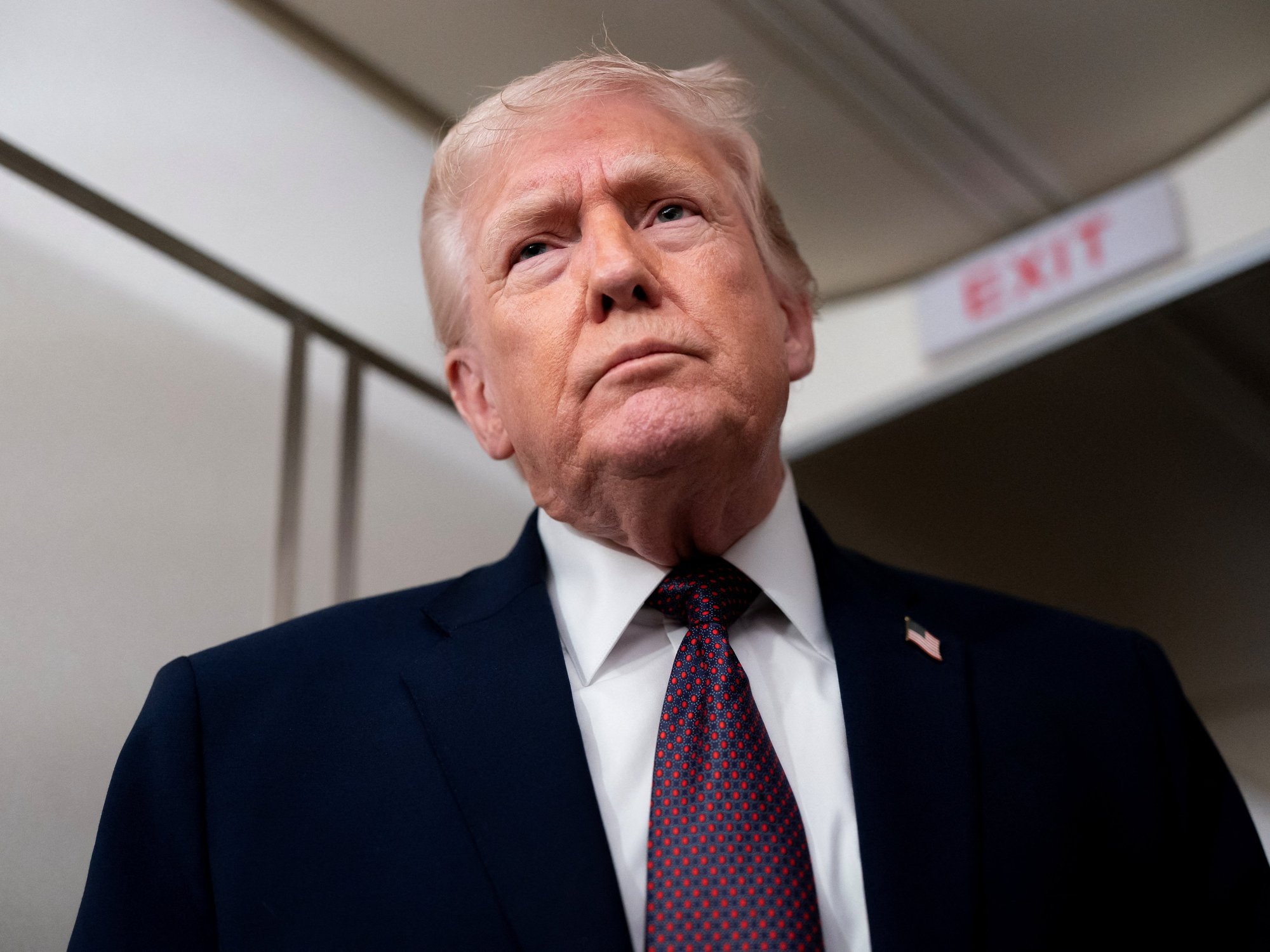Consultants charging £2,500-a-shift to cover junior doctor strikes - while cancelling their own clinics
A senior medic told the People's Channel that consultants are shutting down their own scheduled NHS work, including cancer operations and chemotherapy clinics, to maximise the impact of the junior doctors’ strike
Don't Miss
Most Read
Trending on GB News
NHS consultants are charging up to a staggering £2,504 for an eight-hour shift to cover for striking junior doctors
The news comes as it has been claimed that consultants up and down the country are cancelling their own clinics and operating lists in a show of solidarity.
The fees, branded “outrageous” by senior medics, are based on the British Medical Association’s (BMA) 2025 consultant extra-contractual rate card, which reveals jaw-dropping charges for stand-in cover during industrial action.
According to the updated figures: Weekday day shifts (7am–7pm) are charged at £188 an hour, weekends are billed at £250 an hour, overnight shifts (11pm–7am) soar to £313 an hour, on-call cover, even if not actually working, is charged at £125 an hour.
This means consultants can claim £2,504 for one overnight shift, on top of their usual full-time NHS salary - a bill ultimately picked up by the taxpayer.
GB News can now reveal the situation goes even further: a senior medic told the People's Channel that consultants are shutting down their own scheduled NHS work, including cancer operations and chemotherapy clinics, to maximise the impact of the junior doctors’ strike – then charging premium rates to plug the very gaps they’ve helped create.
A senior NHS consultant and advisor, who asked not to be named, told GB News: "The BMA rates are extortionate – but consultants are having their cake and eating it. They are deliberately cancelling their own clinics and operating lists in support of the strikes, then charging huge amounts to cover for the striking junior doctors."
“This could include chemotherapy sessions and planned cancer operations. This is an unwritten and unofficial deal between the junior doctors and consultants. If they didn’t stand down their own work, the strike action would have far less impact.”
“Junior doctors mainly cover the wards and routine jobs – their direct impact on waiting list targets is limited. But by consultants stepping back too, it magnifies the disruption.”
“It’s happening up and down the country. I’ve expressed my opposition to colleagues – and they just laugh at me.”
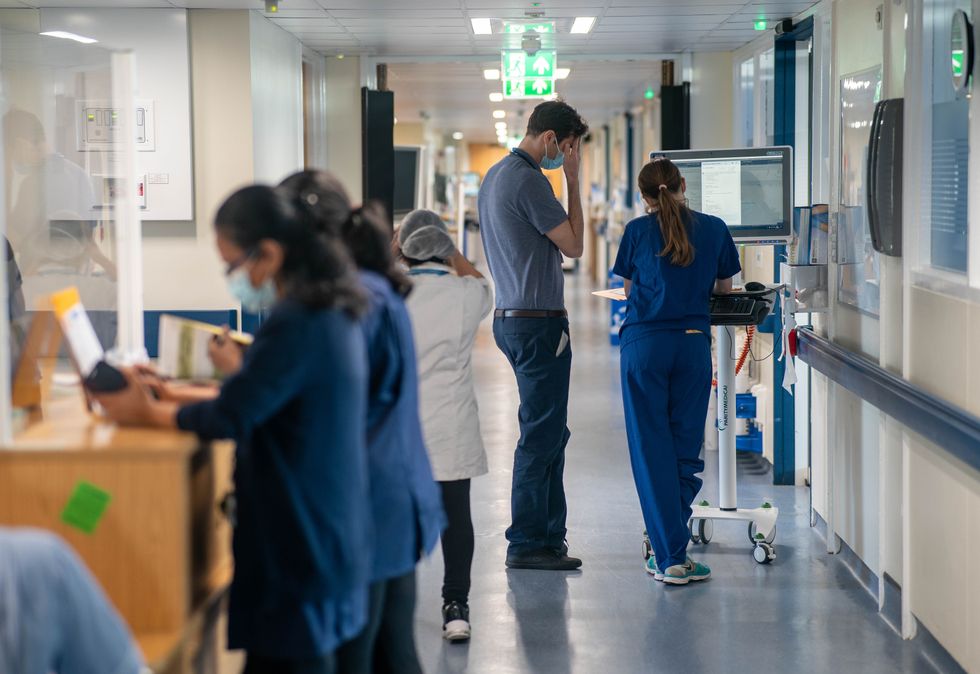 A general view of staff on a NHS hospital ward | PA
A general view of staff on a NHS hospital ward | PAThe revelation adds a new layer of controversy to the ongoing pay war between the BMA and the Government, which has already seen multiple waves of strikes by junior doctors and consultants over the past two years.
In total, more than 40 strike days have taken place since 2022, paralysing services and piling pressure on an already overstretched NHS.
Data analysis by health consultancy Broadstone recently warned the latest strike action will add hundreds of thousands of patients to NHS waiting lists, with particular risk to those needing planned operations and specialist care.
“These new figures expose just how warped the system has become,” said one former NHS executive.
“We now have senior doctors cancelling their own work, costing the NHS twice – once in lost care and again in inflated strike cover fees.”
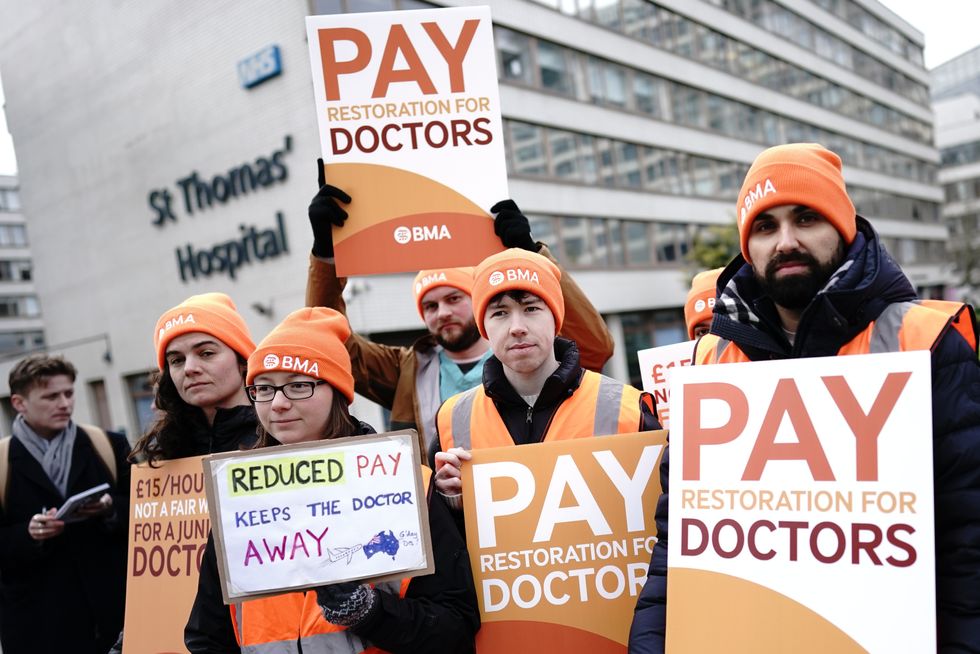 Junior Doctor strike | PA
Junior Doctor strike | PAThe BMA declined to comment on allegations that consultants were deliberately cancelling clinics. And it said the ‘extracontractural pay rates’ were to cover for anything, not just resident doctor strikes.
Co-chairs of the resident doctors committee, Dr Melissa Ryan and Dr Ross Nieuwoudt, said: “We met Wes Streeting and made every attempt to avoid strike action by opening negotiations for pay restoration.”
“Unfortunately, the Government has stated that it will not negotiate on pay, wanting to focus on non-pay elements without suggesting what these might be.”
“Without a credible offer to keep us on the path to restore our pay, we have no choice but to call strikes.”
“No doctor wants to strike, and these strikes don’t have to go ahead. If Mr Streeting can seriously come to the table in the next two weeks we can ensure that no disruption is caused. The Government knows what is needed to avert strikes. The choice is theirs.”
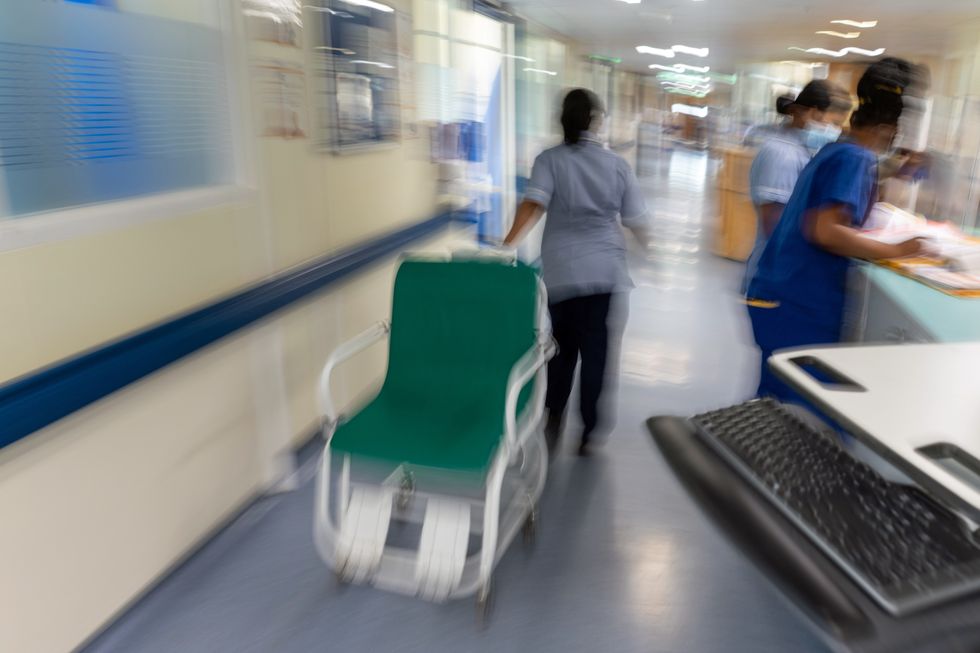 A general view of staff on a NHS hospital ward | PA
A general view of staff on a NHS hospital ward | PAThe BMA’s latest strike mandate is valid until January 2026, meaning further disruption remains a looming threat if a resolution isn’t reached.
One NHS advisor said: “These strikes will lead to the cancellation of operations worsening the NHS waiting lists. It will also lead to the cancellation of vital appointments leading to treatments and operations. This includes lifesaving interventions such as chemotherapy and surgery for cancer. This could cost lives. It is messing up the NHS at a time when it is starting to show slow signs of recovery.”
The advisor, a senior consultant who preferred not to be named added: “Do these doctors not follow their Hippocratic Oath - first do no harm?”
And Professor Carl Heneghan, an urgent care GP and director of Oxford University’s Centre of Evidence Based Medicine, said: “This is a national emergency. Where is the waiting list Tsar to work out how to fix this. We should strip out all the agencies and other things that are not required by the NHS and focus on getting patients in front of doctors, especially for the diagnosis and treatment of cancer. This would have far more impact than the recent 10 year plan by the Government which is focused on AI and tech solutions which do not have a proper evidence base.”
Daniel Elkeles, Chief Executive of NHS Providers, said: “Announcing five days of strike action with just two weeks’ notice can only be harmful. It’s totally unfair to patients whose care will be cancelled at such short notice just as the NHS was beginning to turn the tide on reducing waiting lists.”
“It shows a lack of respect for colleagues from many other disciplines who received lower pay rises and will now have to cover resident doctors’ work.”
“And it is going to divert attention away from improving services to focus on planning to keep services as safe as possible.”
“We need cool heads to de-escalate this and remove the threat of further damaging industrial action.”
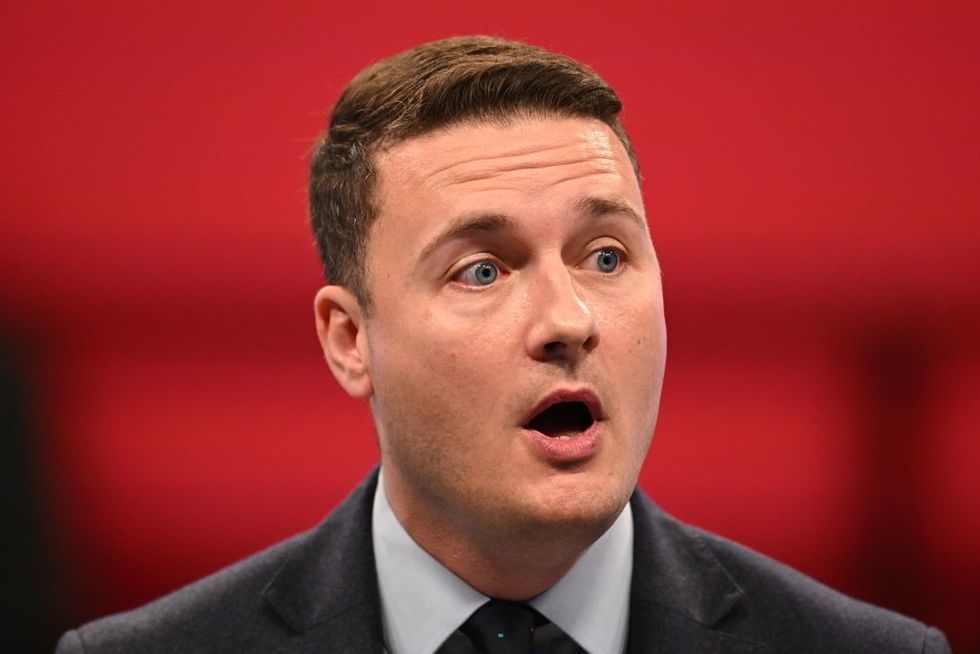 Wes Streeting | Getty
Wes Streeting | GettyStreeting said last week: “The public will not forgive strike action in these circumstances and nor will I.”
And in a letter to the BMA last Wednesday, Streeting added: “As I have stated many times, in public and in private, with you and your predecessors, you will not find another health and social care secretary as sympathetic to resident doctors as me.
“By choosing to strike instead of working in partnership to improve conditions for your members and the NHS, you are squandering an opportunity.”
The number of patients waiting over a year for treatment recently rose again - now standing at 196,000, up for the second consecutive month.
“Meghana Pandit, Co-National Medical Director for NHS England added: “While we understand resident doctors’ frustrations go beyond pay, industrial action comes at a significant cost to patients and frontline colleagues, and they will rightly expect steps are taken to avoid strikes from going ahead.”
More From GB News


